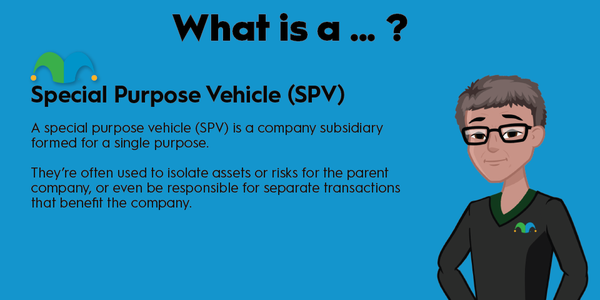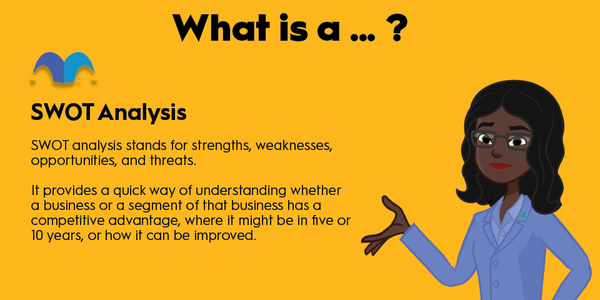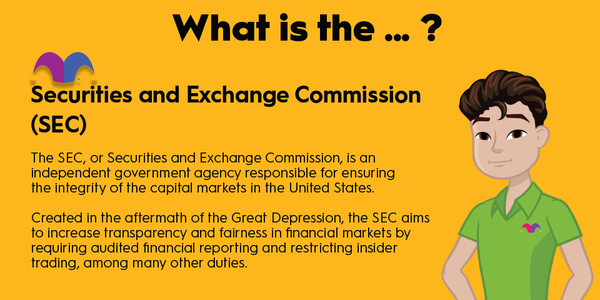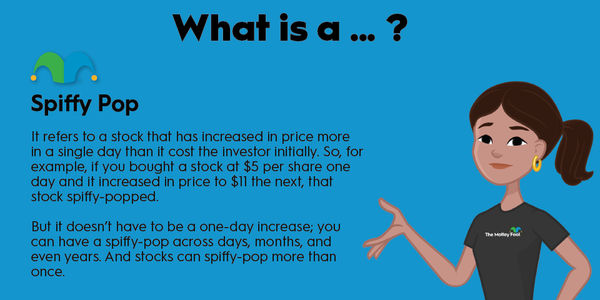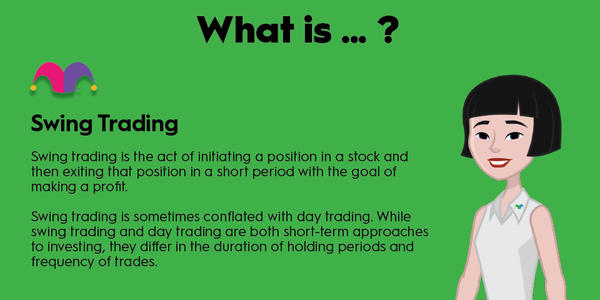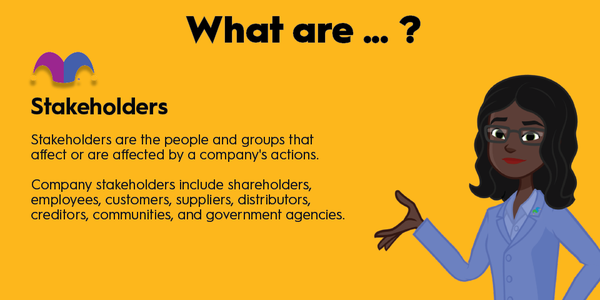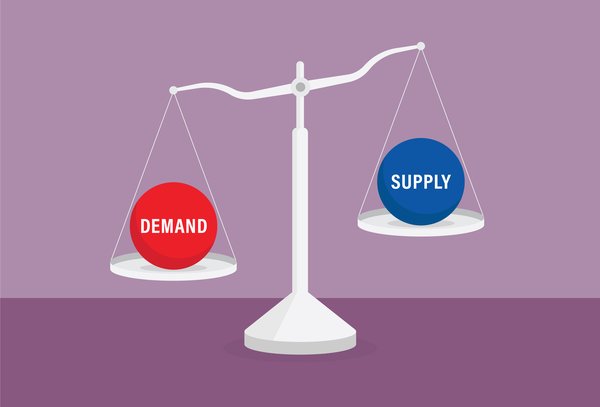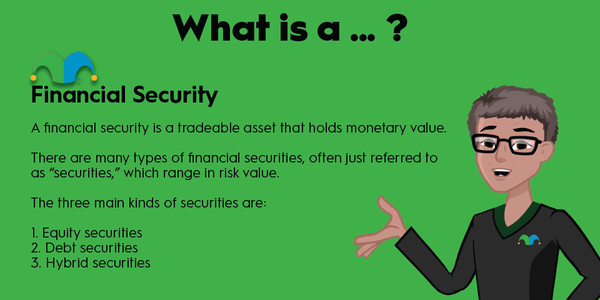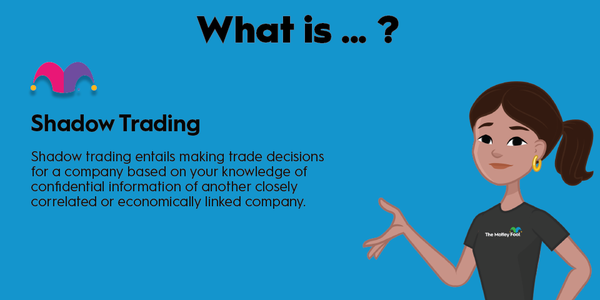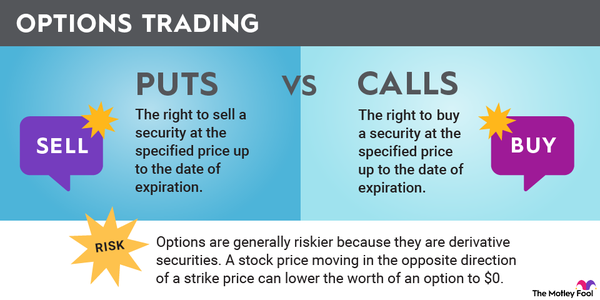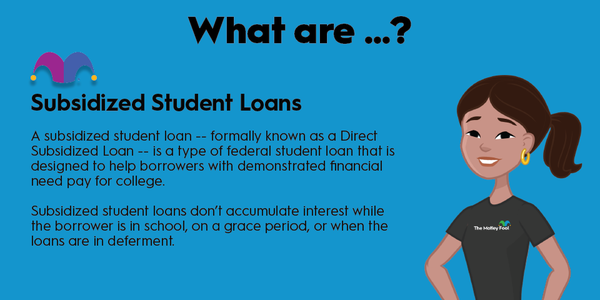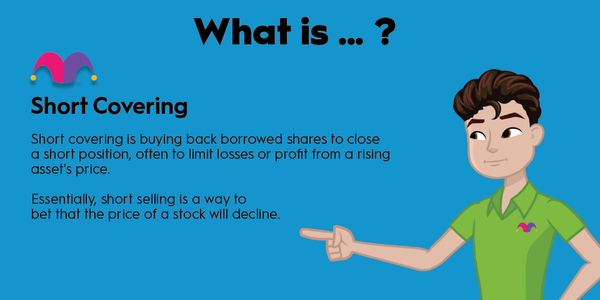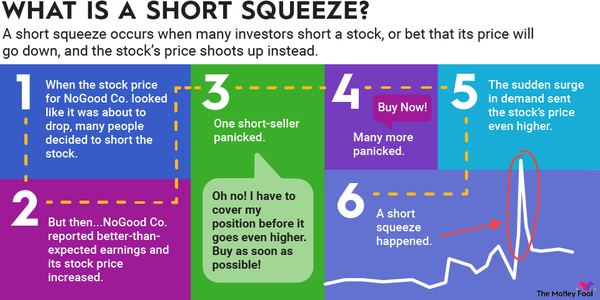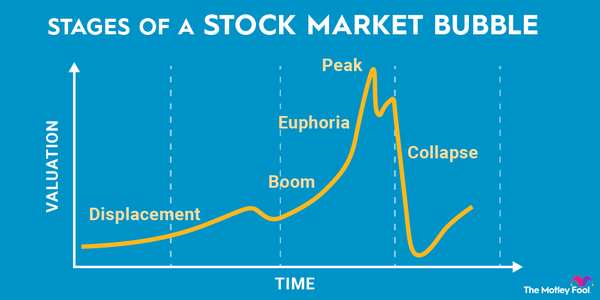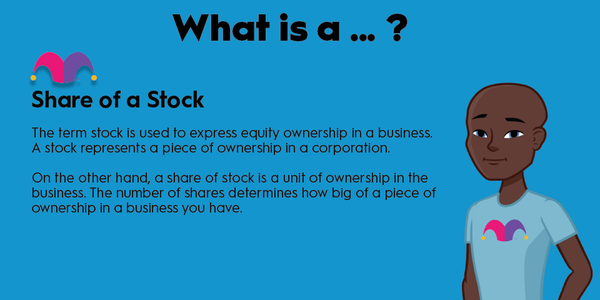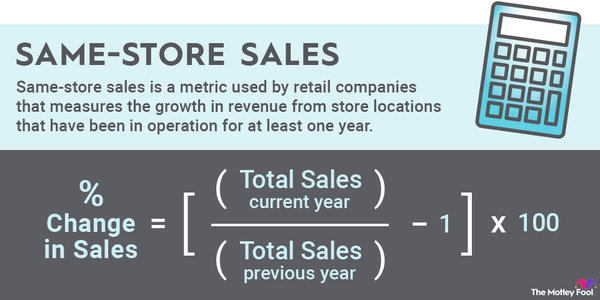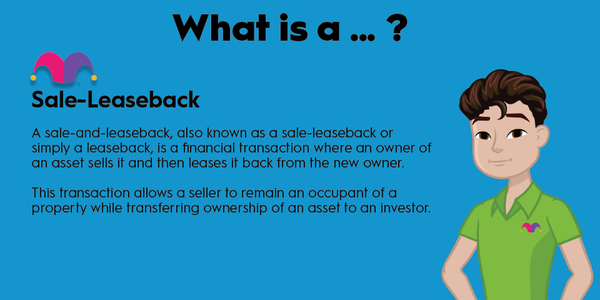Companies go through several stages of the business life cycle, and almost all major companies begin as start-ups. Although the term is relatively new, the concept has been the same -- even for businesses founded in the 1800s. These days, most investors think of a start-up as a tech company, but it can apply to a new company in any industry.

What is a start-up?
What is a start-up?
There's no strict definition of a start-up. The term typically refers to any new company, generally with large ambitions that require significant funding. Start-ups nowadays often operate in the tech sector and raise money through venture capital (VC) firms.
The term start-up can be used for any company in the pre-initial public offering (IPO) phase, but once the company goes public, it's no longer called a start-up. It is best applied to young companies that are growing quickly but aren't yet profitable.
How to start a start-up
How does a start-up get started?
The first step in creating a start-up is getting funding. Typically, founders will raise money through personal networks, including friends and family, solicit an angel investor, or pitch VC firms.
It helps if the founders have a prototype of the product, whether a digital product, like an app, or a real-world product. Similarly, the founders are more likely to have success raising capital if they have specific relevant experience that will help the new company succeed, such as a high-end position at a big tech company. It also helps if the business model, such as the subscription software model, has been proven.
The first round of fundraising is called the seed round. Once the start-up has raised money in the seed round, they'll hire employees, get the equipment and office space they need, and get to work building the company, developing the product, and making sales.
As they grow, the goal is to raise more money in future funding rounds until the company is large enough to go public or get acquired, allowing early investors, like VC firms, to cash out and exit.
Can you invest in a start-up?
Can you invest in a start-up?
If you're not a professional investor or connected with a VC group or a similar organization, investing in start-ups is generally difficult. Privately held companies typically only have a handful of investors, and retail investors usually have to wait for the IPO to invest in these companies.
Some platforms allow individual investors to buy shares of start-ups through an exchange with employees who typically hold stock in the company. There are also crowdfunding platforms for new projects and businesses, but these are typically for businesses smaller than the start-ups raising money through VC firms.
An example
An example of a start-up
Start-ups have the most success raising money when they launch companies that match the investing zeitgeist. Right now, that's artificial intelligence (AI).
One example is Mistral AI, a French generative AI start-up founded by the former leaders of Meta Platforms' LLaMa large language model. The company raised $113 million in its seed round, valuing the company at $260 million before it had launched a product or even hired any employees.
Since launching over the summer, Mistral AI has introduced a beta model called Frontier AI, aiming to create a family of open models. Investors in Mistral AI are likely eyeing the monster valuation that privately held ChatGPT-creator OpenAI just reached at $90 billion, a sign that investors are clearly bullish on the trend.
That's evidence that a well-positioned start-up can be hugely successful before it goes public.
